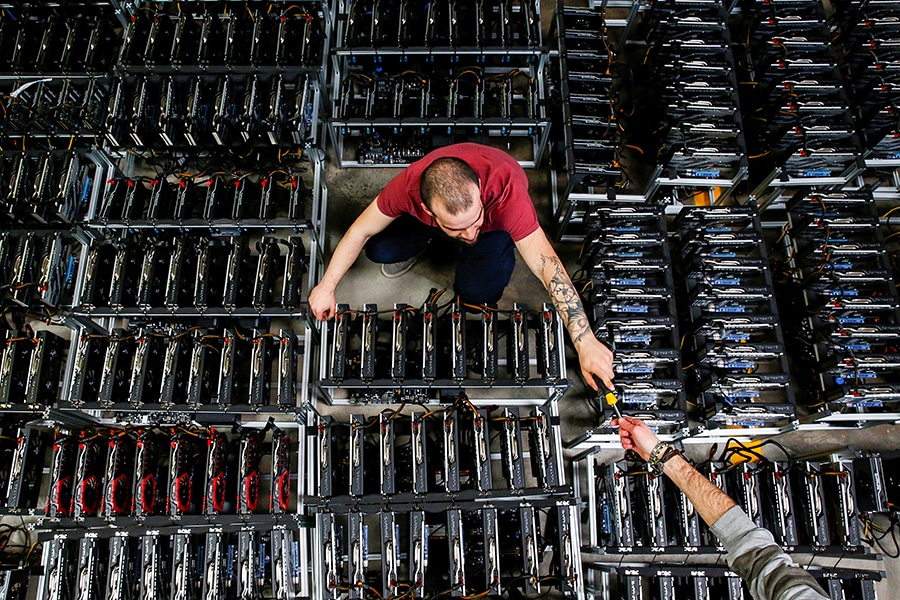
Bitcoin's climate problem
The annual carbon emissions from the electricity required to mine Bitcoin and process its transactions are equal to the amount emitted by all of New Zealand. Or Argentina
 Image: Reuters/ Alessandro Bianchi
Image: Reuters/ Alessandro Bianchi
“Bitcoin uses more electricity per transaction than any other method known to mankind, and so it’s not a great climate thing.”
That was what Bill Gates recently told me.
At a time when companies and investors increasingly say they are focused on climate and sustainability issues, some of them may be about to collide with the reality of another financial trend, one currently worth about $1 trillion: Bitcoin.
The cryptocurrency has become inescapable, with big companies like Tesla and individual investors alike rushing to stock up on the digital token.
But depending on which study you read, the annual carbon emissions from the electricity required to mine Bitcoin and process its transactions are equal to the amount emitted by all of New Zealand. Or Argentina.
©2019 New York Times News Service




